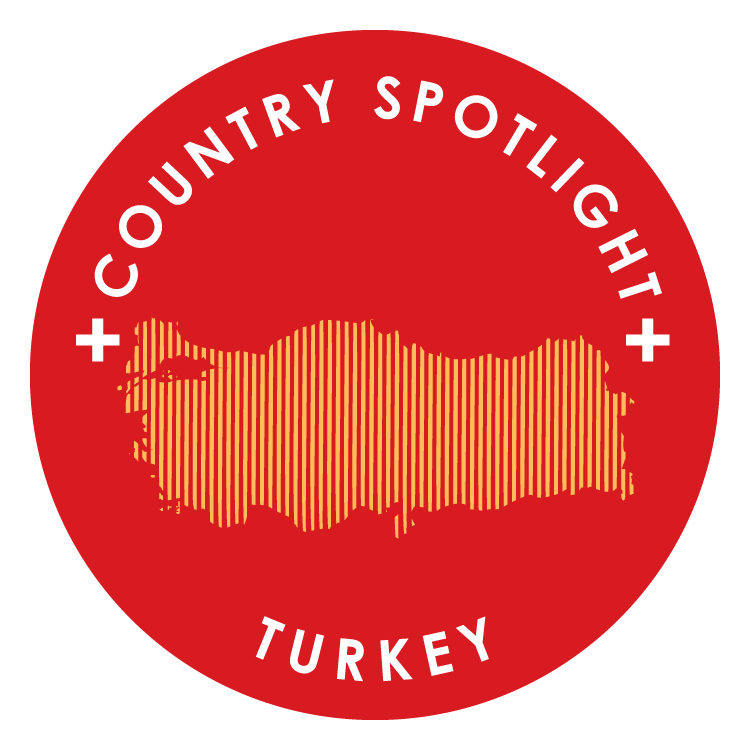Here we deduce Turkey in numbers to capture its advancement in digital space and investment in technology

The total population is estimated to be 84.3 million (2020), and there are 12.95 million people aged 15-24, making up about 15.6 per cent of the population. Its economic and social development performance since the early 2000s made Turkey an upper-middle-income country.
Internet users: The rate of internet users reached 82.6 per cent in 2021. The number of broadband users reached 83.9 million (17.1 million fixed-line subscribers and 66.8 million mobile subscribers) as of March 2021, rising 8 per cent on an annual basis.
Social media: There were 60 million social media users in 2021. The number of social media users in Turkey increased by 6 million between 2020 and 2021.
The number of social media users in Turkey was equivalent to 70.8 per cent of the total population in January 2021.
Mobile phone users: The number of mobile phone subscribers increased to 83.5 million in the first quarter of 2021, rising from 82.1 million at the end of 2020. The mobile subscriber penetration rate also climbed from 99 per cent in 2020 to almost 100 per cent as of the end of March. The number of machine-to-machine communication (M2M) subscribers increased, reaching 6.5 million in 2021.
Online shopping: The rate of people using the internet for purchasing goods rose to 44.3 per cent in 2021 from 36.5 per cent in 2020. Men were ahead of women in terms of online shopping. According to figures from the first three months of 2021, around 70.7 per cent of people purchased clothing, shoes and accessories online while 40.8 per cent used the internet to order food.
Startup ecosystem: Turkish startups have raised over $2.87 billion in 2021, which is more than startups in Spain and Finland have raised last year. The number has been propelled by megadeals like eCommerce platform Trendyol’s massive $1.5 billion round. On-demand delivery startup Getir also raised a $555 million Series D. Hepsiburada became the first Turkish company to go public in NASDAQ, raising $761.5 million as IPO proceeds.
Tech investment: The state-owned Turkey Wealth Fund is setting up a new $250-million vehicle that will invest in local technology companies, including state-owned banks Ziraat Bank, HalkBank and VakıfBank, the main stock exchange Borsa Istanbul, Turkish Airlines, telecom majors Turkcell and Turk Telekom, and natural gas company Botas.
Information and communication technology (ICT) sector: There are over 2,000 companies in the ICT sector. Average growth of the sector in the past five years is 17 per cent. The volume of the ICT sector reached $26.9 billion in 2020. Exports of the ICT sector totaled at $1.5 million in 2020. Over 95 per cent mobile/smartphone possession rate.
Fintech growth: Turkey’s fintech sector has grown significantly in recent years. In 2012, fintech investments in Turkey amounted to just $4.6 million. In 2016, the figure grew to $29 million. Annual fintech investment increased to $64 million in 2021.
More than 400 fintech startups have been founded in Turkey. The majority of them are focused on payment systems.
eCommerce growth: eCommerce investments have hit $723.4 million in two years.
The sector expanded by around 50 per cent in 2020. In 2021, a growth of 75 per cent was recorded in the first half of 2021 compared to the same period in the previous year. The share of eCommerce in the fast-moving consumer goods retail market reached 6 per cent in 2021. Some 63 per cent of Turkish eShoppers prefer to use mobile apps for transactions and this ratio is close to the world average of 66 per cent.
If you liked reading this, you might like our other stories
Data Professionals To Watch In Turkey
Here’s Why Saudi Arabia Is A Digital Riser









